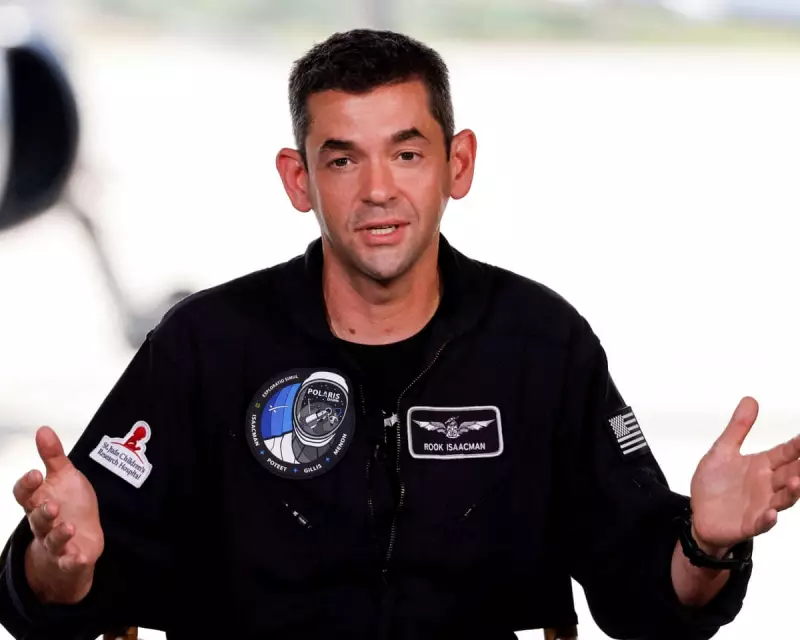
In a move that has sent shockwaves through the scientific community, former President Donald Trump is preparing to nominate billionaire businessman and private astronaut Jared Isaacman to lead NASA, according to exclusive reports.
A Controversial Choice for America's Space Agency
The planned nomination would see Isaacman, who has no formal background in space science or engineering, take the helm of the world's most prominent space agency. The 41-year-old founder of Shift4 Payments has gained recognition through his privately funded SpaceX missions, including last year's ambitious Polaris Dawn flight.
Political Connections Raise Eyebrows
Isaacman's relationship with Trump extends beyond political support. The billionaire has been a significant donor to Trump's campaigns and causes, contributing millions to the former president's political operations. This connection has raised concerns about the potential politicisation of NASA's leadership.
"This isn't just about qualifications—it's about whether someone with deep political and financial ties to a presidential candidate should lead an agency that should remain scientifically independent," noted Dr Eleanor Vance, space policy expert at the Royal Astronomical Society.
The Experience Debate
Supporters point to Isaacman's hands-on experience with commercial spaceflight as valuable preparation for leading NASA into an era increasingly dominated by private partnerships. His missions have included:
- Commander of Inspiration4, the first all-civilian orbital mission
- Leadership of the Polaris programme testing new space technologies
- Extensive flight experience in both spacecraft and military aircraft
However, critics argue that managing complex scientific missions and multibillion-dollar budgets requires different expertise than flying as a private astronaut.
What This Means for NASA's Future
The nomination, if it proceeds, would signal a significant shift in how America approaches space leadership. It represents the growing influence of commercial space companies and their leaders in government space policy.
With NASA's Artemis programme aiming to return humans to the Moon and eventually reach Mars, the agency's direction under potential new leadership could reshape international space cooperation and scientific priorities for decades to come.
The scientific community awaits further details, with many expressing hope that NASA's core mission of exploration and discovery will remain paramount regardless of political appointments.





